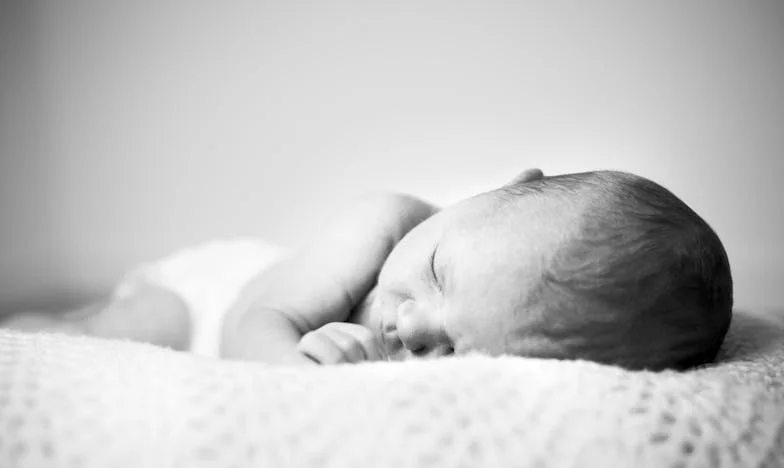You’re a Monster, Mom! — Veronica’s Journal
“You’re a monster, Mom! People like you shouldn’t have kids!”
The words slammed into my chest, sharp and merciless, echoing down the hallway of our cramped apartment in Cleveland. My daughter, Emily, stood in the doorway to her room, fists clenched, eyes blazing. For a moment, I felt frozen—like a deer caught in headlights. My heart pounded, but my eyes stayed dry. I’d heard those words before. I’d said them, too, once upon a time.
I shut my eyes for a second, letting her rage wash over me. I wanted to scream back, to defend myself, but I just stood there, rooted in place, listening to the slamming of her door. The silence that followed was louder than any argument we’d ever had.
It’s funny, the things that stick with you. I remembered being nineteen, leaving my mom’s ratty two-bedroom in Dayton for college in Columbus. Back then, I swore I’d never become her—never the broke, exhausted single mom, never the one juggling two jobs and a mountain of regret. And yet, here I was, standing in a kitchen that smelled of burnt coffee and takeout, with a daughter who hated me.
My phone buzzed on the counter, lighting up with a text from my boss—another late-night shift at the hospital. I stared at it, feeling the old familiar guilt gnawing at my insides. How do you choose between keeping the lights on and being there when your kid falls apart?
I knocked gently on Emily’s door. Silence. “Em, honey, I’m sorry. Can we talk?” No answer, just the muffled sound of her sobbing. I pressed my forehead against the cheap wood, remembering the way my own mother’s voice used to tremble when I was angry at her.
“Veronica, you don’t know how hard it is,” Mom used to say. I’d roll my eyes, convinced she just didn’t care enough. Now, with every bill, every missed school meeting, every night spent folding hospital sheets instead of helping with homework, I understood. God, I understood.
Flashback to my own teenage years: Mom working at the diner till midnight, me microwaving mac and cheese, waiting for her keys to rattle in the lock. The look on her face when she was too tired to smile. The way I slammed my own door and called her names I can’t repeat. Now, the roles were reversed. Was this karma, or just the cycle repeating?
I sat on the worn couch, staring at the peeling paint, and tried to breathe. The weight of single motherhood pressed down on me, heavy and relentless. I loved Emily so fiercely it hurt, but sometimes love didn’t look like hugs and cookies. Sometimes it looked like standing your ground while your child broke your heart.
Last week, Emily had come home with bruised knuckles and a split lip. “It’s nothing,” she had muttered, but her eyes told a different story. I’d tried to reach her, to ask what happened, but she’d shut me out, put up walls I couldn’t climb. I knew that pain. I’d worn it like armor once, too.
My ex, Jason, called sometimes—just enough to make empty promises. “I’ll be there this weekend,” he’d say, and then disappear for months. Emily stopped believing in him before I did. Now she barely asked about him at all.
I thought about the therapy sessions I could barely afford, the grocery store arguments over ramen versus apples, the way Emily’s teachers looked at me during parent conferences—like they expected me to fail. Maybe I had.
The apartment was too quiet. I got up, walked to Emily’s door, and slid a note under it. “I love you. I’m sorry for everything. I’m trying.”
Hours passed. I went to work, changed bedpans, soothed strangers, and came home with aching feet. Emily was asleep, a crumpled ball under the covers, her phone clutched to her chest. I sat beside her, brushing a tangled lock from her forehead. She looked so small, so lost. Tears pricked my eyes, but I blinked them away. Moms don’t get to fall apart.
The next morning, she avoided my gaze over breakfast. I wanted to reach out, but fear held me back. Would my touch just remind her of the things I’d done wrong?
“Why did you even have me?” she whispered suddenly, voice quivering. The question sliced through my careful composure.
“Because I hoped I could do better,” I said, my voice barely above a whisper. “I wanted to give you what I never had.”
She stared at me, searching for something in my face. I didn’t know if she found it.
We’re both broken in different ways, I think. The world isn’t kind to women like us—the ones who mess up, who try and fail, who love too much and not enough all at once.
My mom used to say, “You can’t pour from an empty cup, Veronica.” I never understood what she meant until now. I’m still learning how to fill mine, even if it’s just a drop at a time.
Some nights, when the city is quiet, I wonder if things will ever change. I wonder if Emily will ever forgive me—or if I’ll ever forgive myself. Do all mothers end up being monsters in their daughters’ eyes, or is there hope for us to break the cycle?
What does it really mean to be a good mom? And when will I finally stop feeling like I’m not enough?
